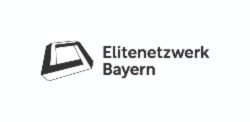International Conference: Beyond Comparison
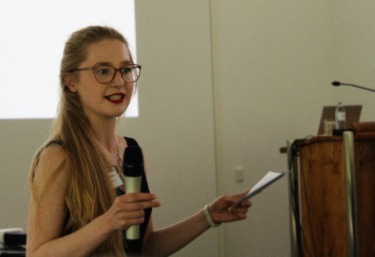 The International Doctoral Programme “Philology. Practices of premodern cultures, global perspectives, and future concepts” (IDK) held the conference, “Beyond Comparison. Towards a Connected Philology”, in June 2023. Taking place at the venue of the Carl Friedrich von Siemens Foundation, the IDK welcomed international scholars from across the globe. Speakers from a range of different disciplines, including History of Science and Medicine, Buddhist Studies, and Medieval History, discussed textual, linguistic, and historical connections. The conference’s aim was to transcend national conceptions of Philology, and so the cross-cultural connections between people and the subsequent movement of texts was at the forefront.
The International Doctoral Programme “Philology. Practices of premodern cultures, global perspectives, and future concepts” (IDK) held the conference, “Beyond Comparison. Towards a Connected Philology”, in June 2023. Taking place at the venue of the Carl Friedrich von Siemens Foundation, the IDK welcomed international scholars from across the globe. Speakers from a range of different disciplines, including History of Science and Medicine, Buddhist Studies, and Medieval History, discussed textual, linguistic, and historical connections. The conference’s aim was to transcend national conceptions of Philology, and so the cross-cultural connections between people and the subsequent movement of texts was at the forefront.
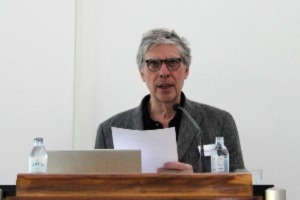
The conference was split into three sections. The first of these focused on textual networks and their reuse in different contexts. It became apparent that cultural connectivity is an anthropological constant affecting texts: by using various examples, mutual exchange between medieval Europe, Southwest Asia, South Asia, and East Asia was traced across linguistic borders. It became apparent that there are sometimes great difficulties in making cultural lines of connection methodically evident using traditional philological methodology. Prof. Glenn Most concluded the first day of the conference by comparing classical European with Chinese philological traditions. He shared his understanding of a 21st-century philology, which includes examining philological practices and subject histories in interdisciplinary exchange.
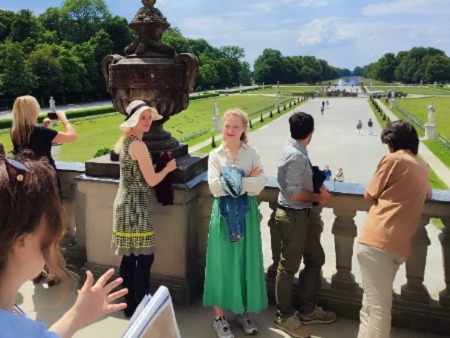 The second section added another perspective: the presentations explored further examples of intercultural contact within and between Europe and Asia. Traditionally-assumed directions of cultural influences were reconsidered, emphasising instead a more multidirectional nature. In the precise historical contextualisation combined with detailed textual analysis, there was thus an interplay between traditional philology and more recent approaches in translation and historical studies. A guided tour through the Nymphenburg Palace Park concluded this section: the art historian Dr Susanne Franke and the neo-latinist Prof. Claudia Wiener showed how ancient mythology was used for self-represenation in the design of the park’s statues.
The second section added another perspective: the presentations explored further examples of intercultural contact within and between Europe and Asia. Traditionally-assumed directions of cultural influences were reconsidered, emphasising instead a more multidirectional nature. In the precise historical contextualisation combined with detailed textual analysis, there was thus an interplay between traditional philology and more recent approaches in translation and historical studies. A guided tour through the Nymphenburg Palace Park concluded this section: the art historian Dr Susanne Franke and the neo-latinist Prof. Claudia Wiener showed how ancient mythology was used for self-represenation in the design of the park’s statues.
The themed tour through the park opened a historical-political dimension that remained important for the third section of the conference. Here, problem areas of philology in the 21st century became particularly clear: How should we deal with politically controversial material? What lessons should we learn from the legacy of the nationalist philology of the 19th and 20th centuries? To what extent are philological and scientific knowledge in tension with each other? In the concluding keynote, Prof. Kapil Raj addressed different historical approaches for studying the history of philology.
Overall, the interdisciplinary approach that the IDK pursues was at the heart of the conference. It was stated that comparison as a method of gaining knowledge should not be questioned, but rather its use to stabilise cultural hegemonies. Instead, striking similarities should be examined for their causes, including philological actors, their practices, and their networks. "Connected Philology" expands these areas to include subject history in combination with an interdisciplinary approach.
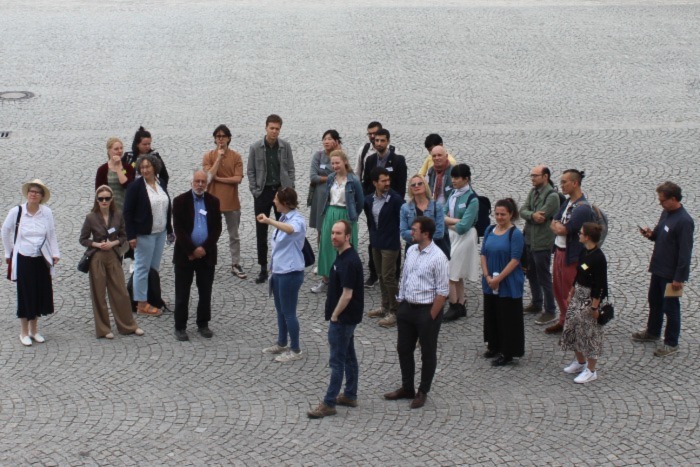
With the kind support of:
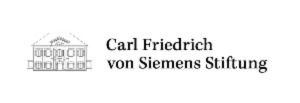 and
and 